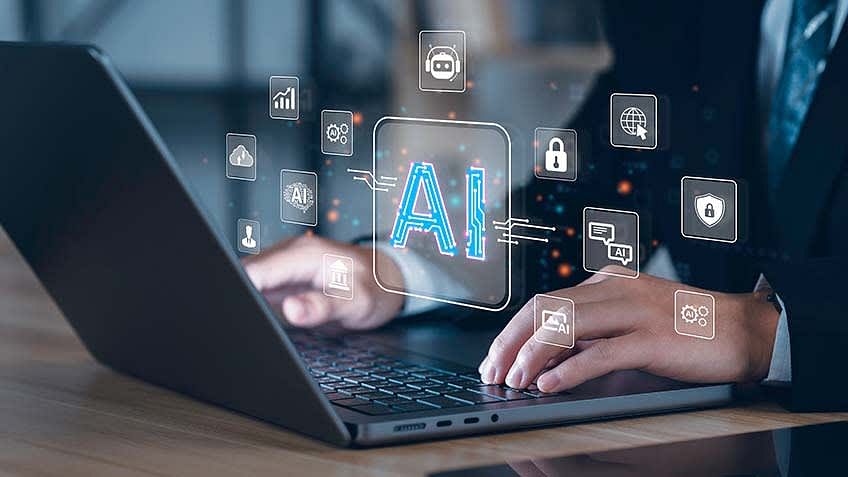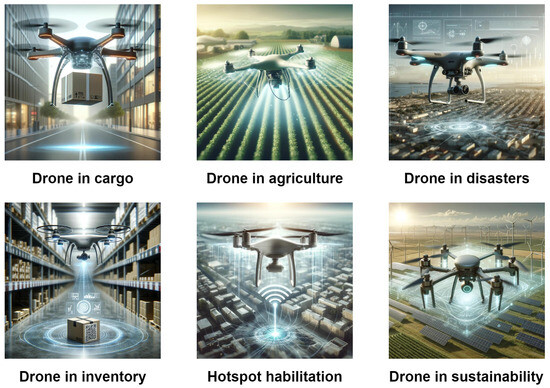AI Tools in 2025: The Next Wave of Digital Innovation
Discover the groundbreaking AI tools set to transform business and daily life by 2025. From advanced language models to specialized automation solutions, explore tomorrow's game-changing innovations.
The landscape of artificial intelligence is evolving at an unprecedented pace, and as we approach 2025, we're on the cusp of revolutionary changes that will reshape how we work, create, and interact with technology. In this comprehensive guide, we'll explore the most promising AI tools and innovations that will define the next era of digital transformation.

The Evolution of Language Models
The next generation of language models will transcend current capabilities, introducing features that seem almost magical by today's standards.
Advanced Language Processing
- Multimodal Integration: AI systems will seamlessly process text, images, audio, and video simultaneously
- Context Understanding: Enhanced ability to maintain context across long conversations and complex tasks
- Specialized Domain Expertise: Industry-specific models trained on professional datasets
💡 Pro Tip: Organizations that adopt these advanced language models early will gain significant competitive advantages in their respective markets.
Real-world Applications
- Content Creation: Automated generation of high-quality, original content across multiple formats
- Code Generation: Advanced programming assistance with improved accuracy and debugging capabilities
- Business Analytics: Real-time data analysis with natural language interfaces
- Customer Service: Hyper-personalized support systems with emotional intelligence

AI-Powered Automation Platforms
The future of automation will be defined by intelligent systems that can handle complex workflows with minimal human intervention.
Key Innovations
- Adaptive Learning Systems: AI that evolves based on user behavior and feedback
- Predictive Analytics: Advanced forecasting capabilities for business planning
- Process Optimization: Automated workflow improvements through machine learning
Industry-Specific Solutions
- Healthcare: Diagnostic assistance and treatment planning
- Finance: Risk assessment and fraud detection
- Manufacturing: Supply chain optimization and quality control
- Education: Personalized learning paths and assessment
Important: The key to successful AI implementation will be finding the right balance between automation and human oversight.
Emerging AI Technologies
Computer Vision Advancements
- Object Recognition: Enhanced accuracy in complex environments
- 3D Modeling: Real-time generation of detailed 3D models
- Augmented Reality: Seamless integration with physical spaces

Natural Language Processing
- Multilingual Capabilities: Real-time translation and localization
- Sentiment Analysis: Deep understanding of context and nuance
- Document Processing: Automated extraction and summarization
Implementation Strategies
Best Practices
- Start with clear objectives and use cases
- Ensure proper data governance and security
- Invest in team training and development
- Monitor and measure ROI consistently
Common Pitfalls to Avoid
- Over-automation: Maintain human oversight for critical decisions
- Poor Data Quality: Ensure clean, well-structured training data
- Lack of Strategy: Align AI initiatives with business goals
Tools and Resources
Essential AI Platforms
- Development Tools:
TensorFlow 3.0,PyTorch 2.0,JAX - Cloud Services: Advanced AWS, Google Cloud, and Azure AI services
- Specialized Solutions: Industry-specific AI tools and frameworks
Learning Resources
- AI Documentation: Comprehensive guides and tutorials
- Training Programs: Professional certification courses
- Community Forums: Knowledge sharing and support
Future Implications
Business Impact
- Increased productivity and efficiency
- Enhanced decision-making capabilities
- New business models and opportunities
- Competitive advantages through AI adoption
Ethical Considerations
- Data privacy and security
- Algorithmic bias prevention
- Responsible AI development
- Transparency and accountability
Conclusion
As we move toward 2025, AI tools will become increasingly sophisticated, offering unprecedented opportunities for innovation and growth. Organizations that prepare now and adopt these technologies strategically will be best positioned to thrive in this new era of digital transformation.
Ready to embrace the future of AI? Explore our technology partners and start your AI transformation journey today!

